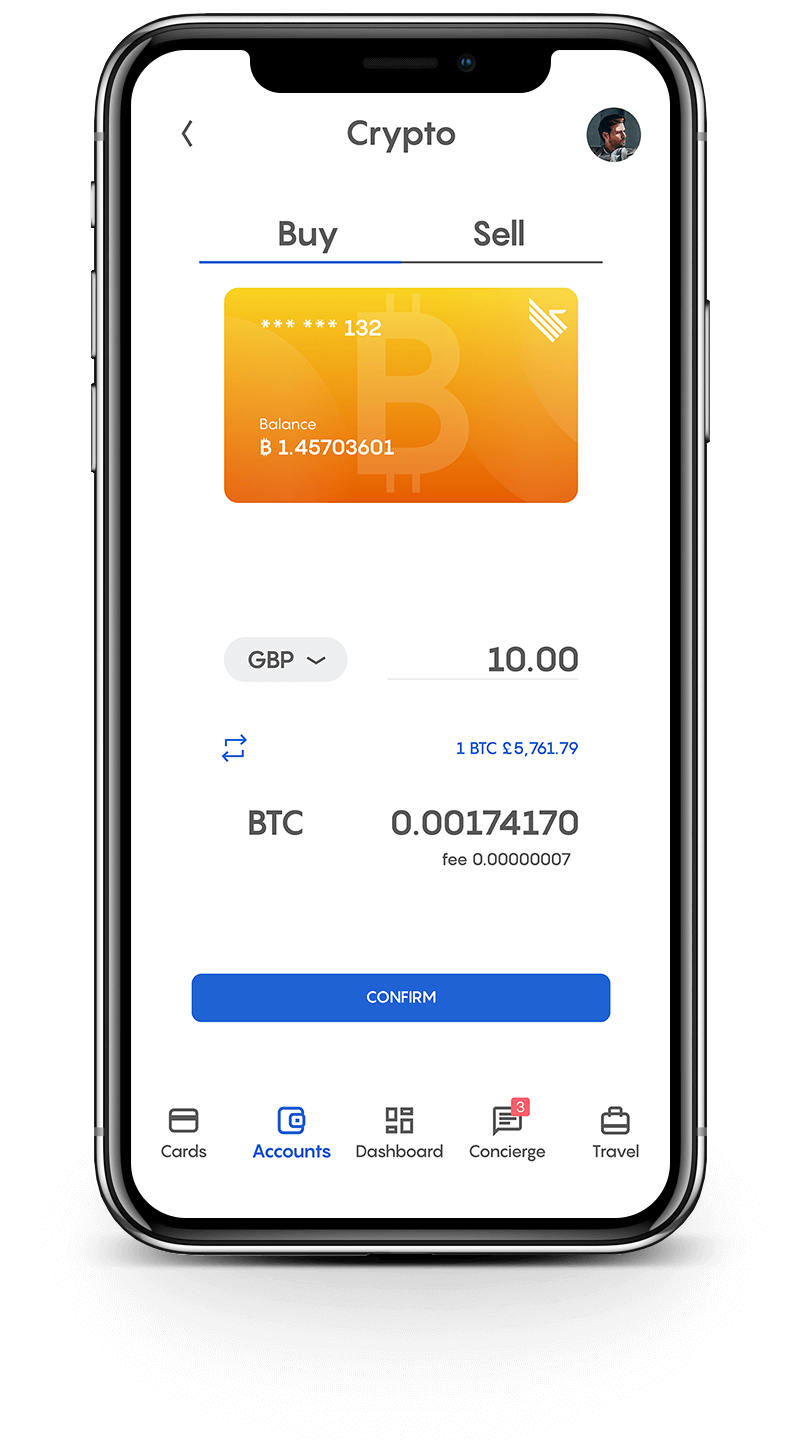A few years ago, if you wanted to travel the world, you first needed to have the money to fund the adventure ready in your bank account. That often meant working first and traveling later. In many cases, it also meant abandoning a career.
The other option was to fund your travel by busking or selling unique artifacts you made on the go. The experience from the latter option was often not ideal or desirable.
The internet offers a third option; working remotely as you hop from one destination to another. With this option, you do not need to save before traveling or even abandoning career dreams. You also don’t have to perform on streets thousands of miles away from home.
You can be an accountant, digital marketer, or copywriter and travel indefinitely while still working. You not only have the opportunity to work for businesses from around the world but also run your own enterprises online.
Those who have chosen to live this location independent lifestyle are known as digital nomads.
Research published by MBO Partners, a leading platform for independent workforce management, indicated that over 10 million American workers described themselves as digital nomads in 2020, a 49% increase from the previous year.
Another report on this topic by the German public international broadcaster Deutsche Welle (DW) has projected that about a billion people will be digital nomads roaming the world by 2035.
But what makes a digital nomad?
Characteristics of digital nomads
Several things make a digital nomad. They include the following:
- Having no physical office or place of work to report.
- Frequently moving from one town, city, or country to another.
- Not having a permanent home. Instead, spending much time on Airbnb, hotels, and co-working spaces.
- Having little material possession besides a laptop, phone, and clothes on your back.
Motivation to be a digital nomad
Why would anyone want to be a digital nomad?
The following are some of the incentives that are making many around the world choose to be digital nomads:
The opportunity offered by remote work
It is easy to start working online. It is a market with little barrier to entry. Workers and entrepreneurs are not limited to the local market. They can reach potential clients from around the world.
The number of online marketplaces that make it easier for digital nomads to sell and buy skills is growing. The list includes Upwork, Fiverr, and PeoplePerHour. In addition, many resources make working remotely efficient. They include tools like Zoom, Calendly, and Trello.
Desire to travel and see the world
According to Travel Market Report, an online publication analyzing the North American travel market, 95% of people express a desire to travel the world. Often what stands in their way is a lack of resources and time.
Digital nomadism is a concept of work that enables many to do what they have always longed to do.
Less constrained lifestyle
Freedom is one of the things most people seek after they satisfy their basic needs. The 9-5 jobs are very restraining as one has to be answerable to a boss and have their movement curtailed.
Being a digital nomad means gaining the freedom to live your life the way you please. It also means avoiding the lifestyle of having a boss control how you exist for most of the day.
Digital nomadism allows one to be truly a free spirit.
Cost advantages
Being a digital nomad is cheaper than being forced to live in a particular city or town for work. For example, it costs over $2500 to rent a one-bedroom in Silicon Valley. With just $500, one can get the same size apartment in the nicer part of town or next to the beach in Thailand.
Meanwhile, you can still deliver the same quality work to a startup in Silicon Valley from, say, Phuket, Thailand. Indeed, as a remote worker, one can get paid rates of a first-world country but pay for their bills using third-world rates.
Tax regimes
Different countries charge different amounts of taxes. Some would have to pay more than others. It is possible to pick a country where you want a tax residency.
Indeed, this possibility can motivate some to become digital nomads.
It is easier for digital nomads to pick tax residency in countries they deem will require them to pay a more reasonable tax. This is especially the case considering they can travel to such a country and spend a few months there in a year, a common requirement.
The Bahamas, Bermuda, and the Cayman Islands are countries with zero income tax, and they issue digital nomad visas.
The challenges digital nomads face
While more people are choosing to become digital nomads, there are things that they often need to overcome. If these problems are fixed, then the experience of a digital nomad can become even better.
The following are some of the challenges that digital nomads have to overcome:
Payment constraints
As a digital nomad, one accepts payments from clients from anywhere around the globe. That can be challenging, especially when the client and the digital nomad have different payment options.
In cases where the same payment option is available to both parties, it might take days or even weeks before a payment is processed and confirmed.
Usually, international payments through centralized systems come with a high cost as many participants are involved, and each needs to profit from it.
Besides, when the digital nomad moves from one country to another, they might have to sign up for completely new payment services before spending their money in local stores and businesses.
Cost of using job boards
A digital nomad has to either reach out to specific businesses or go through job boards to find work. The job boards, in particular, can be costly to work through. Some charge as high as 20% of the money the digital worker earns.
Meanwhile, hiring on these platforms costs up to 5% of the amount spent. Other fees accumulate, such as the cost of withdrawing earnings from the platform.
It is, however, important to point out that the freelancing platforms do provide value to those who use them. For example, they provide payment security solutions such as escrow accounts and dispute resolution mechanisms.
Visa and work permit issues
It can be challenging for digital nomads to get visas to some countries depending on citizenship. This problem is compounded by the fact that many countries do not acknowledge the existence of employees who work remotely for businesses from around the world.
Indeed, some countries might consider it illegal to engage in any revenue-generating endeavor without a work permit. Meanwhile, getting a work permit can be strenuous or cost a price that most digital nomads cannot afford.
The countries that issue digital nomad visas today are The Bahamas, Bermuda, Cayman Islands, Croatia, Costa Rica, and Antigua and Barbuda. Others are Estonia, Portugal, Spain, and Brazil.
Still, many of these countries have stiff requirements. For example, Spain issues digital nomad visas to residents of other European countries.
Investing accumulated wealth
A successful digital nomad is likely to earn more than they need to travel and survive. It is often a challenge to decide where to put or invest the surplus.
It might be challenging to invest in a particular country, especially because they are not tied there or don’t even plan to be a permanent resident. Indeed, it is increasingly the case that digital nomads are undecided on where they will retire when they no longer have the energy to travel.
Meanwhile, keeping the money, they earn as cash in a bank account exposes it to inflation.
Insurance issues
As a digital nomad, one still needs an adequate insurance cover to get medical attention. However, digital nomad finds themselves in a unique situation.
Often digital nomads can only use travel insurance. However, this does not provide adequate coverage, especially for no emergency care. On the other hand, contributing to a plan in their home country does not help because they do not spend a significant amount of time there.
Join Club Swan and get… more!

Buy and sell your crypto at the best rates and spend them or transfer them to another wallet. You can seamlessly spend your crypto with the Club Swan card anywhere in the world. Everything from one account, on one platform.
- Buy, sell or store 9 different crypto currencies, including: Bitcoin (BTC), Ethereum (ETH), Litecoin (LTC), Bitcoin Cash (BCH), Tether (USDT), BAT, Paxos (PAX), USD Coin (USDC) and EOS.
- Low fees from 0.5%*.
- One simple rate for buy and sell. No hidden margin built into our prices.
- Seamlessly spend your crypto with the Club Swan card.
- Turn your crypto into traditional currencies.
- Quick and simple wallet to wallet transfers.
- Free transfers between Club Swan members.*
- 24/7 Customer support.
Club Swan’s flexible account gives you access to multiple traditional currencies, live real time exchange rates, bank transfers and an elegant metal card allowing you to spend in more than 150 currencies around the globe.
- Live traditional currency exchange rates.
- Bank transfer exchange rates typically 4-8% better than high street banks.
- USD, GBP, EUR, CNY, and JPY accounts*.
- Transfer funds in and out of your account with SEPA/SWIFT/Faster Payment/Fed Wire Payments.
- Spend 150+ traditional currencies around the globe with Club Swan card.
- International ATM withdrawals.
- Daily ATM withdrawal limit $1,500.
- High account limits.
- Free transfers between Club Swan members*.
- FCA regulated for your peace of mind**.
- 24/7 Customer support.
Save precious time and money. Use your Club Swan virtual assistant for your travel needs. We also offer personal shopping, VIP event access and unique experiences.
- Save up to 40% on flights and holidays.
- Exclusive negotiated rates on First and Business class airfares.
- Private transfers.
- Luxury car rentals.
- Personal shopping assistant.
- Luxury product procurement.
- Concert tickets.
- Activity experiences.
- Event access.
- VIP dining & restaurant bookings.
- Private event & party coordination.
- 24/7 live chat concierge support.
How the blockchain solves the problems
Through cryptocurrencies and other decentralized applications (dApps), Blockchain technology offers solutions to many of these challenges. Over time, the technology is likely to offer even more solutions.
The following are some of the ways blockchain improves the experience of a digital nomad:
Easy to access and use payment channels
With crypto, digital nomads can receive and make payments from anywhere around the world as long as they have access to the internet. These payments are instant, and the costs can be negligible.
Meanwhile, even though most merchants and service providers do not use crypto, digital nomads now have a mechanism through which they can spend their crypto, and the merchant will receive payment in their local currencies.
Club Swan is one such service that makes it possible to spend crypto in ordinary stores through rechargeable debit cards. The crypto debit cards are linked to an exchange through which a digital nomad converts their crypto into fiat for local spending.
The Club Swan work in all places around the world that accept Visa and Mastercard.
Location-independent investment opportunities
The blockchain ecosystem is growing. It started with cryptocurrencies but now includes decentralized applications, non-fungible digital assets, and gaming environments (metaverses).
All these systems built on the blockchain offer different types of investment opportunities. Meanwhile, most of them are not locked to particular countries or regions.
For example, digital nomads can buy cryptocurrencies like Bitcoin, Ethereum, Solana, Cardano, and Terra. As more people embrace these coins and their supply declines, their value will grow, translating to significant returns.
Wealth saved in crypto is more protected from inflation than if it is saved in fiat currency in a bank account. There is no cap on how many dollars can be released into circulation. Whenever more units are added into circulation, the price of commodities goes up. In essence, the money loses its value.
On the other hand, the amount of bitcoins that can be released into circulation is capped at 21 million. That is in part why the value of Bitcoin has grown over time.
Digital nomads can also invest in the many projects launching in the space. They can do this by buying their utility tokens. For example, if one buys tokens of a promising decentralized exchange, when it gets users, the value of the tokens will grow.
Another way the digital nomads can invest in the blockchain space is to provide liquidity to various decentralized finance (DeFi) applications. For example, one can provide liquidity to a lending platform like Compound Finance and earn interest.
They can also buy digital art in the form of non-fungible tokens (NFTs). These can be images, audio, video, and other forms of digital content with sentimental value. They can later sell these assets and make profits like you would a painting.
Indeed, the list of investment options in the blockchain space grows with time. The blockchain ecosystem is itself creating a new category of digital nomads.
Smart contract freelancing platforms
The blockchain provides a mechanism through which workers and clients, as well as businesses, can transact peer-to-peer while at the same time having the interest of all parties protected.
This is possible by using elaborate smart contracts on the blockchain, which can oversee critical transaction components such as escrow accounts.
Besides making the interaction a lot more seamless, the interaction cost can be negligible, translating to the work keeping much of what they earn. This is because there is no company behind the platform seeking to maximize returns.
Examples of freelancing platforms on the blockchain include Orbi.network, Argon.run, and Atlas.work. These platforms allow users to post work and facilitate transactions through smart contracts that execute on the blockchain.
Hosting of profiles and reviews
As a worker or entrepreneur, it is important that a digital nomad can share their profile, reviews, and portfolio with potential clients. Meanwhile, potential clients need to trust the accuracy of the data.
The public-private key encryption and the public ledger on blockchain allow digital nomads to possess and share their profiles, reviews, and portfolios without relying on a centralized platform. Meanwhile, they can’t interfere with the credibility of the data.
Retirement
Like 9-5 workers, digital nomads need to prepare for retirement. Given their continuous movement, this can be difficult, especially when they are unsure where they will eventually settle for retirement.
The blockchain provides new ways to prepare for retirement through pension schemes and social security alternatives in decentralized finance (DeFi). For example, Akropolis is a DeFi on the blockchain with a pension fund accessible from anywhere around the world.
Indeed, the blockchain improves the experience of digital nomadism in many ways. Some of these will become more established with time.
Image courtesy of Pixabay.




